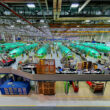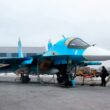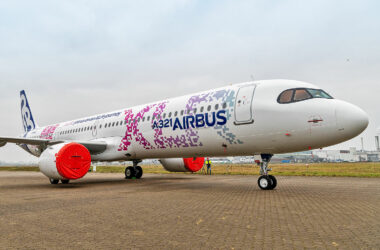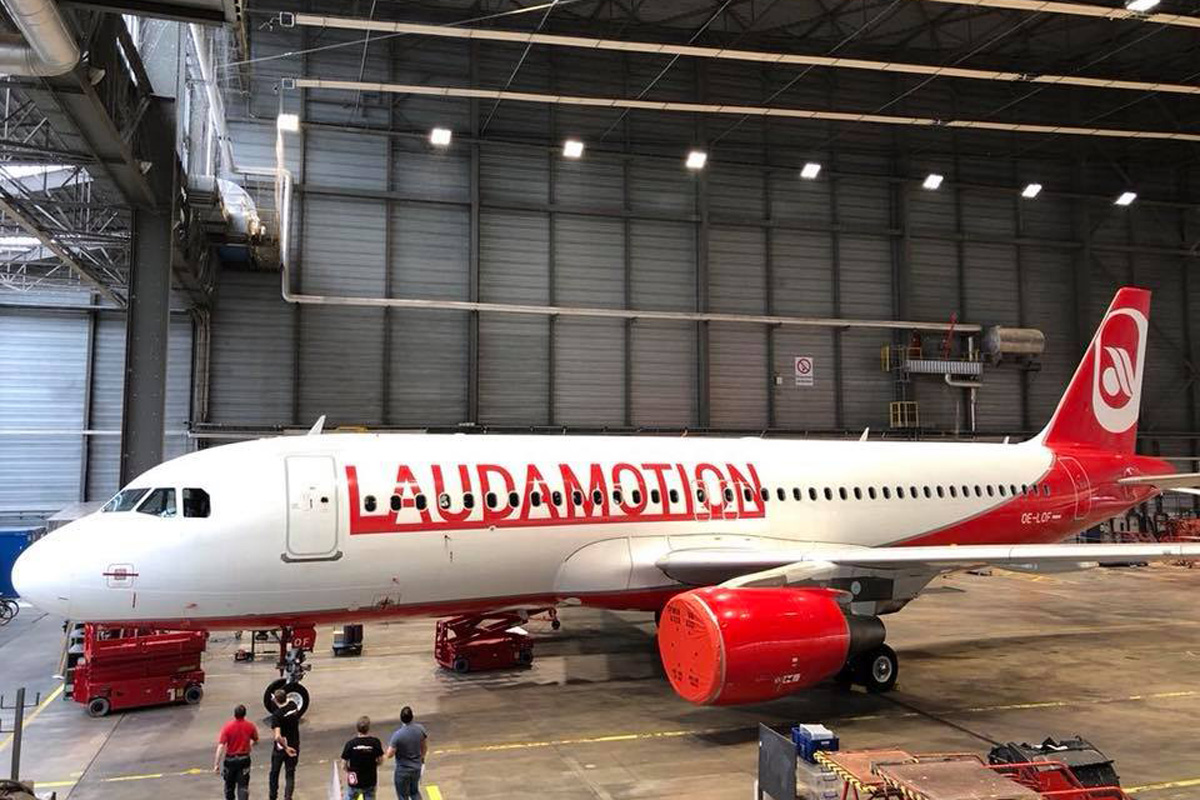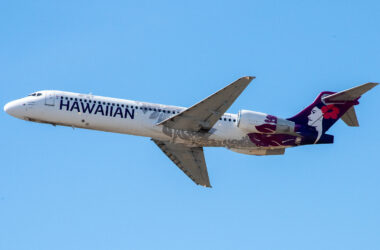Embraer finally completed the maiden flight of the first E190F freighter on April 5 from its headquarters in São José dos Campos, Brazil.
The jet, which was originally configured to carry passengers, underwent a P2F (passenger to freighter) conversion process developed by Embraer itself within the E-Freighter program.
The inaugural flight lasted around two hours to carry out a complete assessment of the aircraft, the company explained.
Follow Air Data News: WhatsApp | Google News | Instagram | LinkedIn | Twitter | Facebook
To prepare it to transport cargo, the E190F had its cabin redesigned, with the removal of seats and the emergency oxygen system, among others.
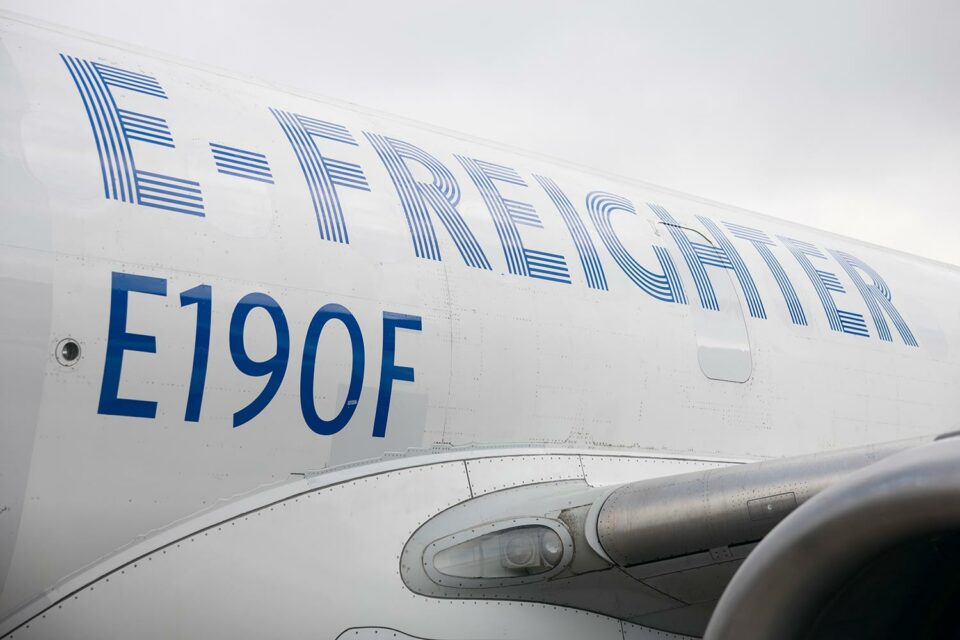
Embraer also reinforced the floor and installed supports for containers and pallets. The most important change was the installation of a wide cargo door in the forward section of the fuselage.
According to the manufacturer, the first E190F belongs to the lessor Regional One.
E195F
“The E-Freighter program opens a new business opportunity for Embraer, meeting the growing global demand of the e-commerce sector for cargo transportation, combining the high technology of the E-Jets family with unbeatable operational performance,” said Francisco Gomes Neto, President and CEO of Embraer.
In addition to the test flight, the aircraft has already successfully carried out ground pressurization and cargo loading tests.
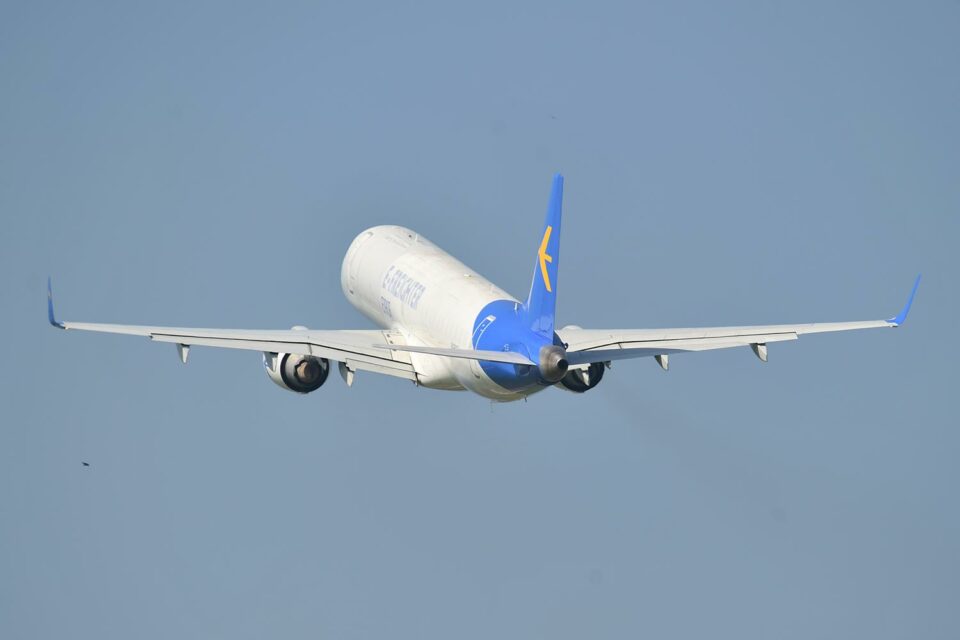
Embraer’s plan is to offer a cargo aircraft with greater capacity than turboprops such as the ATR 72 and at a lower cost than the A320P2F and 737-800BCF jets, also converted.
While the E190F can carry up to 13,500 kg, the E195F is capable of carrying up to 14,300 kg of structural payload. The company is expected to complete the first conversion of the larger variant in 2025.
The E-Freighter conversion program was launched in 2022 at the height of demand for express parcels, still a result of the effects of the coronavirus pandemic.
Since then, however, the market has undergone some accommodation, but Embraer believes that the E-Jets will be able to absorb potential orders from cargo companies in the coming years.


